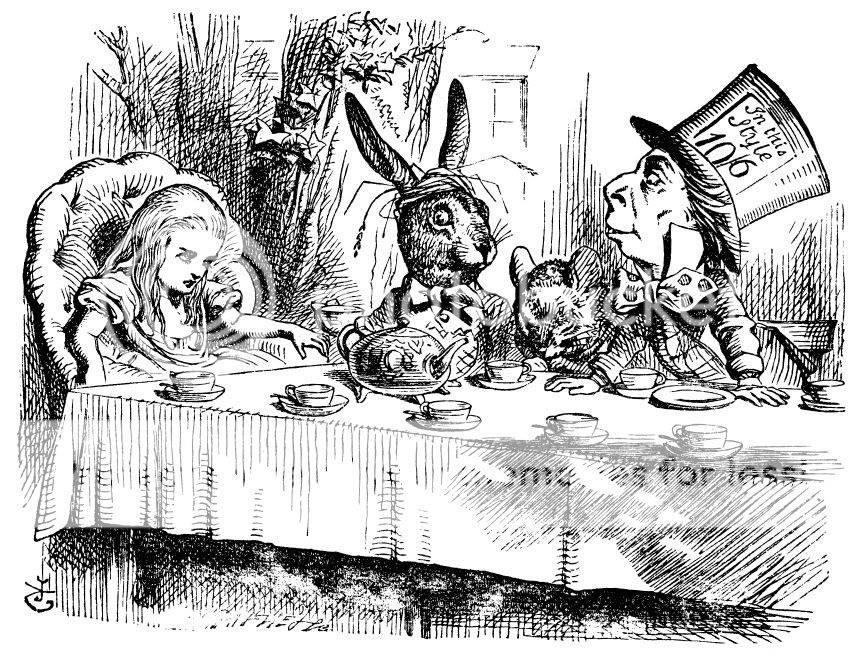- Sep 12, 2008
- 14,201
- 3,567
- 185
Earl Grey was Lord of the Admiralty in 1806 and became foreign minister after the death of Fox.
In 1832 he became prime minister, and was responsible for the passage of the first reform act and the abolition of slavery in all the british territories.
In 1832 he became prime minister, and was responsible for the passage of the first reform act and the abolition of slavery in all the british territories.

